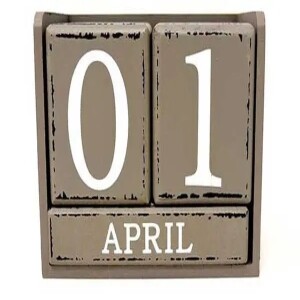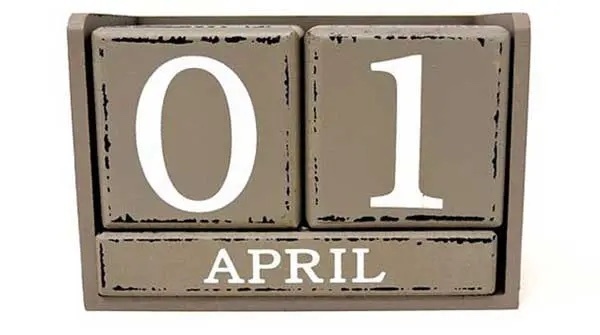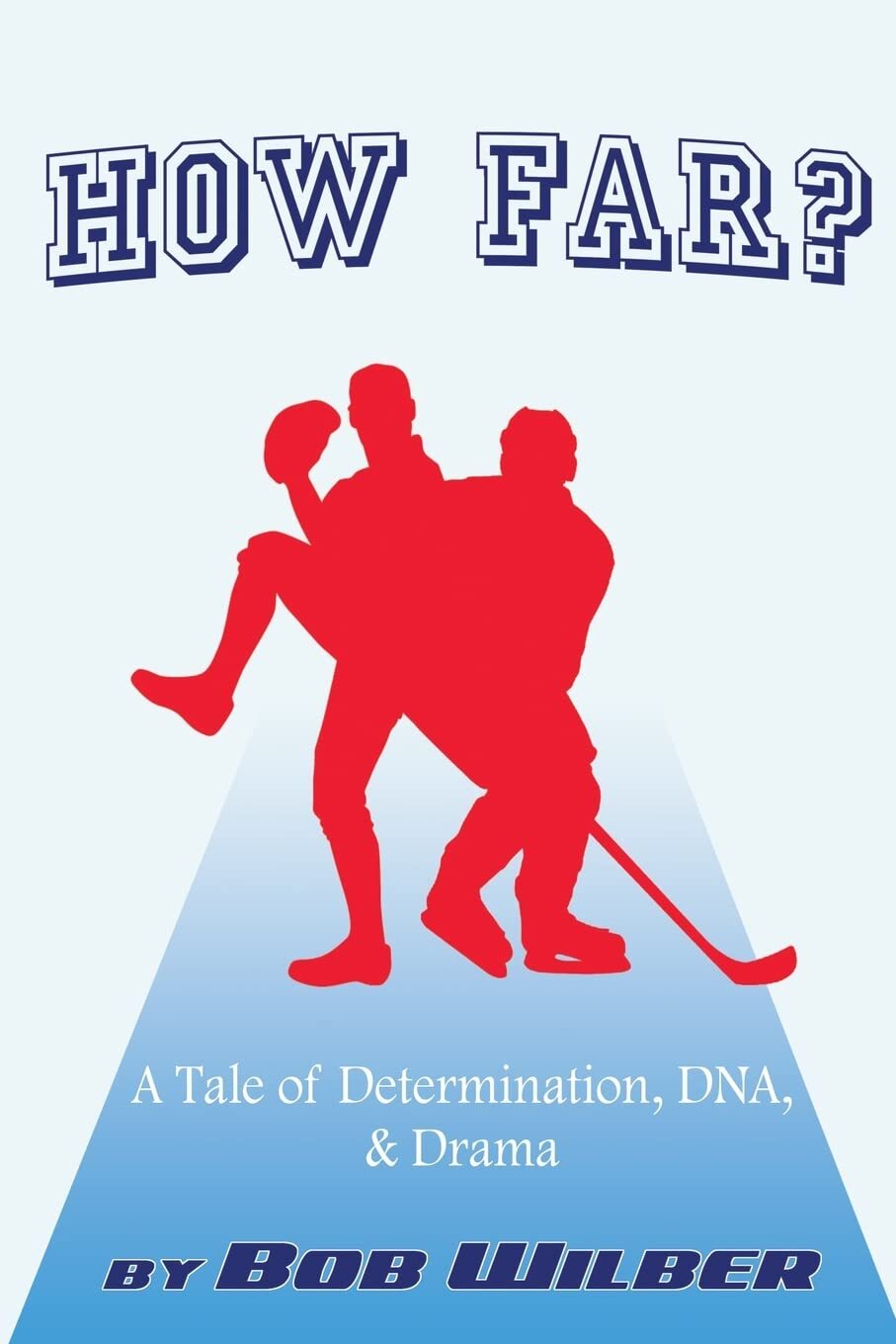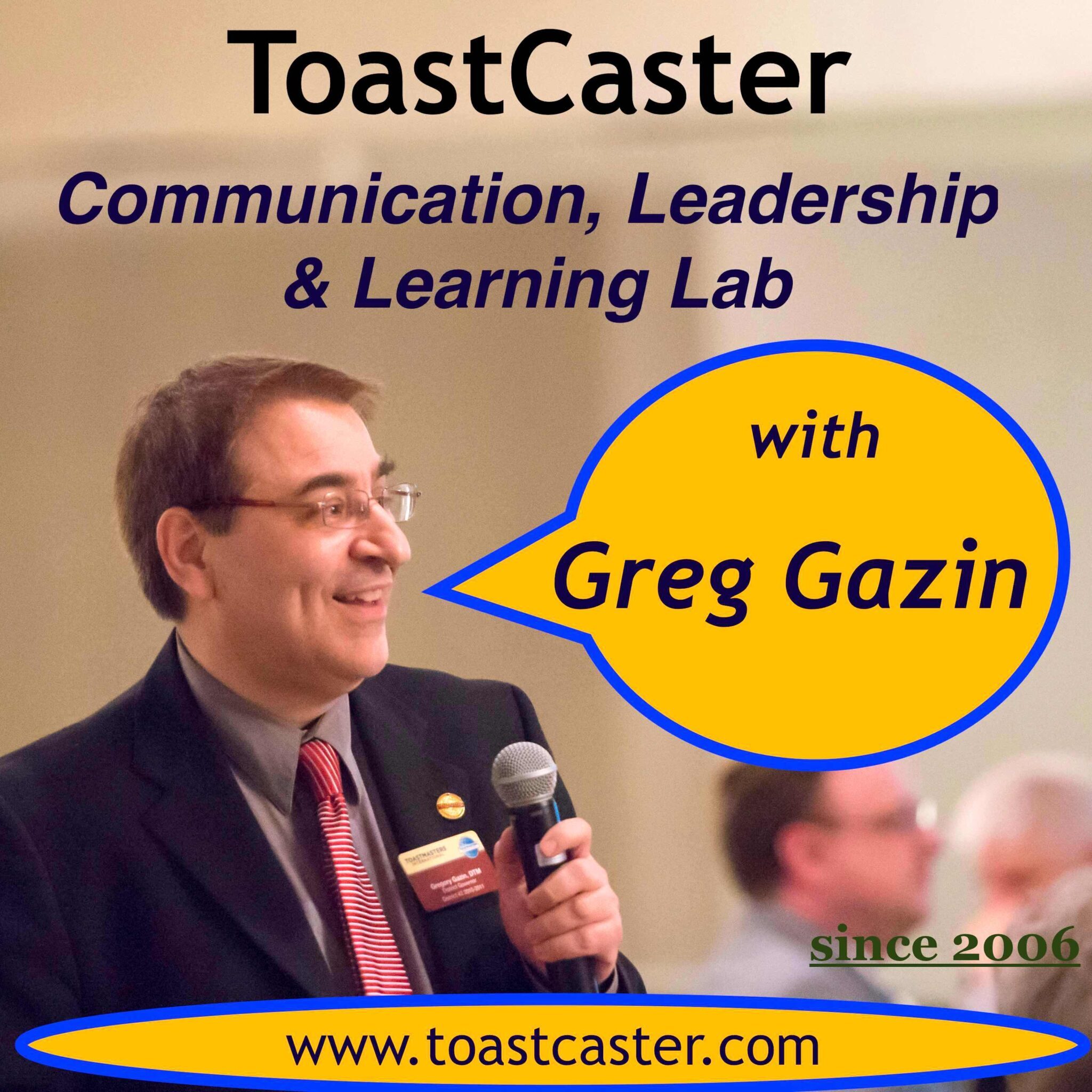Episodes

Saturday Aug 31, 2024
Saturday Aug 31, 2024

[32:25] In this episode, we speak with Rick Voight, CEO Vivid-Pix where we dive into the concept of reminiscence therapy, focusing on photo reminiscence and its powerful role in enhancing mental well-being and how Vivid-Pix technology technology can be used to enhance that experience.
Reminiscence therapy uses personal memories to improve cognitive function and emotional health, and photo reminiscence specifically leverages cherished photographs to evoke memories and connections.
We’ll explore how Memory Station by Vivid-Pix is a hardware/software solution that uses cutting-edge technology to support this therapeutic practice by offering advanced photo-restoration and digitization services.
Rick will walk us through how Memory Station works, explaining their innovative approach to revitalizing old photographs and capturing memories. Discover firsthand how their system make vintage photos more accessible and meaningful, contributing to improved mental health outcomes. You'll hear stories about the benefits of photo reminiscence therapy and how it helps individuals reconnect with their past.
Memory Station can be useful in several contexts:
- Reminiscence Therapy: For individuals in therapeutic settings, especially those dealing with dementia or Alzheimer’s, Memory Station helps restore and digitize old photographs, making them accessible for reminiscence therapy. This can aid in memory recall, improve mood, and foster emotional connections.
- Family Archives: Families can use Memory Station to preserve and digitize their photo collections, ensuring that important memories are not lost over time. This is valuable for creating digital family albums and sharing historical photos with future generations.
- Historical Preservation: Memory Station can assist historians, researchers, librarians, genealogical societies and others in digitizing and preserving historical photos and documents. This helps in maintaining historical records and making them available for study and education.
- Personal Projects: Individuals can use the services for personal projects, such as creating photo books, slideshows, or other keepsakes that feature restored family photos or significant life events.
- Event Planning: For events like anniversaries, reunions, or memorials, Memory Station can restore and prepare old photos for display, enhancing the event’s nostalgic and emotional impact.
Memory Station comes in various configurations including free trial software.
For more details on Memory Station and to learn how technology is bridging the gap between the past and present, enhancing our connection to treasured memories visit Vivid-Pix.com or MemoryStation.com and reach out through the contact page.
You can also view the Transcript of this episode on Apple Podcasts.

Sunday Mar 31, 2024
TC181: Unraveling the Enigma of April Fools’ Day
Sunday Mar 31, 2024
Sunday Mar 31, 2024

[08:35] April Fools’ Day – April 1st, is an extension of a centuries-old tradition to entertain and trick, – or is it? In today's episode we unravel this annual enigma that today we call April Fools’ Day.
This is the audio from the article published at Troy Media & Gadgetgreg.Com. The text, while not exactly a transcript is below:
Here's the Article:
In the modern era, we find ourselves ever vigilant on April 1st, wary of pranks, hoaxes, and fake news. Yet, these antics have roots that delve deep into the past, to a time when court jesters were commonplace and laughter was the order of the day.
Long before the advent of television, movies, or the Internet, jesters, jokers, and fools roamed the land, captivating audiences with their quick wit and comedic talents. Originating in the Medieval and Renaissance periods, these entertainers often began their careers as nomads – performers, traveling from town to town, accompanied by minstrels, and regaling crowds at fairs and markets with their humorous tales.
However, it was those jesters who found favor in the courts of monarchs and noblemen who truly rose to prominence. These quick-witted individuals became valued members of the household staff, their jests serving as a welcome reprieve from the rigors of royal life.
But competition was fierce, the court jester being the career pinnacle for a talented few. Successful candidates could rise above the simple nomadic existence, entertaining peasants living in poverty surrounded by disease and filth. Their new life would be to entertain a captive audience, and enjoy stability, shelter and more to eat in one meal than others had in a week.
No doubt, everyone wanted the top job, but the supply of fools always exceeded the demand. There were no employment agencies and Monster.com was still almost 5 centuries away.
To get the attention of potential employers, jesters would take any opportunity to perform in front of the wealthy – not unlike what the paparazzi do to celebrities today.
Except you can’t behead a paparazzo, as King Henry VIII did to one fool on New Year’s Eve 1544 outside the Palace of Whitehall in London. In fact, in that era, beheadings were as common as weddings and banquets. Despite being warned, this fool pushed the monarch too far.
That night, as Henry’s temper flared, even the king’s personal jester, Will Sommers, couldn’t amuse the angry monarch. According to Sommers’ diary and stories passed down over the centuries, the ongoing commotion and Henry’s drunken rants marred the evening, with the king threatening to cast away the ships of fools and behead each and every one of the jesters.
Sommers had been serving the king for years and had become his friend, confidante and earning his trust.
Legend has it that when asked why, in all that time he didn’t fear the king’s wrath, Sommers replied, “Why should I fear a man who couldn’t keep a wife?”
At the risk of his job, and perhaps his life, he tried to convince the king that serial execution of fools wasn’t in his majesty’s best interest. Perhaps Sommers made the appeal for selfish reasons, coming from a family of fools. He attempted to convince the king that he needed to laugh, that all people need to laugh in tough times. Henry had just buried yet another wife, Catherine of Aragon, so his temperament was certainly suspect.
Failing to make an impression, Sommers eloquently reminded the king of their first meeting and how he had made a life-changing impression on his majesty. His words struck a chord with Henry, eliciting a rare smile from the monarch.
With the Kings fiery temper subsiding, for now, Sommers confessed he had concerns about his own longevity. Sensing an opportunity to diffuse the tension, instead of waiting for his demise – natural cause or otherwise, Sommers proposed a novel solution—a grand audition, if the king so wished. This could uncover fresh talent for the court, sparing his fellow jesters from further retribution, i.e., the ultimate job dismissal.
Henry, intrigued by the idea, granted Sommers full authority to organize the auditions, scheduling them promptly upon his return from Versailles on April 1st.
The auditions proved a resounding success, with laughter echoing through the halls of the palace like never before.
Henry was so delighted by the spectacle and thrilled by the outcome of finding a suitable successor for Sommers, he declared April 1, as the “annual Night of Fools,” as a testament to the enduring legacy of jesters in his court.
The King would only enjoy a few of these events since he died in 1547, just three years later.
Sommers outlived his master, carrying on Henry's tradition, honoring his legacy, and entertaining Queen Elizabeth I until his passing in 1560 – of natural causes.
In the years that followed, the tradition progressed, taking on new significance and acquiring yet a new name. In 1582, the Day of Fools was officially christened April Fools’ Day, aligning with the introduction of the Gregorian calendar by Pope Gregory XIII. This change, while seemingly minor, served to solidify the holiday's place in the calendar and cement its enduring legacy.
April Fools’ Day continues to evolve, adapting to the changing times and embracing new forms of humor and mischief. Today, people across the globe eagerly anticipate the arrival of April 1st, eager to partake in the age-old tradition of pranks and practical.
So, today as we celebrate April Fools’ Day, let us pause to reflect on the origins of this beloved tradition and the jesters who helped shape it. And if you find yourself on the receiving end of a prank, - like this one, remember to laugh along—it’s all part of the fun!
April Fool!
This is an updated version of the podcast originally released as episode 80. Toastcaster 80 The Origin of April Fool's Day.

Saturday Dec 31, 2022
ToastCaster 167: How Far? A Tale of Determination, DNA, and Drama – Bob Wilber
Saturday Dec 31, 2022
Saturday Dec 31, 2022

[29:17] “How Far? A Tale of Determination, DNA, and Drama” by Bob Wilber is a book written in the "historical fiction" genre, and features two fictional characters who "write" the book in their own voices. One is a baseball player from Southern California. The other is a hockey player from Roseau, Minnesota. When their very different lives intersect, they become friends and the drama begins.
It’s a life book told through a sports lens and - everyone can relate to it. It’s not only an incredible read and a great story but it’s also full of life and leadership lessons that anyone can benefit from.
In this episode we speak with the author about his book and why he wrote it and what's unique about it. We get to better understand about the genre of historical fiction and how it can be used for any type of storytelling.
We learn more about who Bob is, the skills he acquired including wisdom from his writing coach and the lessons he learned about himself on this journey and much, much more.
ABOUT Bob: Bob Wilber has been writing creatively since grade school and first published at age 16. He is the son of a former Major League baseball player and a mother who passed along her communications and public relations skills to her youngest son.
After earning a full athletic scholarship to Southern Illinois University - Edwardsville, he spent six years in professional baseball as a player, coach, and scout for the Toronto Blue Jays.
Bob then moved on to international sports marketing and eventually spent 22 years in the world of NHRA Drag Racing, as a PR representative and team manager for Funny Car drivers Del Worsham and Tim Wilkerson. In 2017, he published his autobiography "Bats, Balls, & Burnouts" and his latest book is "How Far?" A Tale of Determination, DNA, and Drama.
Bob lives in Minnesota with his wife Barbara and their cats Boofus and Buster. You can reach him at BobWilber.net where you learn more about Bob and purchase the book through links to Amazon.


Monday Jul 05, 2021
Toastcaster 150: Hardest Speech You‘ll Ever Have to Give - Greg Gazin
Monday Jul 05, 2021
Monday Jul 05, 2021

[32:53] Imagine the hardest speech you'll ever have to give.
In this episode you'll hear about that speech, the process that went into creating it and the speech itself and how on that day, I felt a rollercoaster of emotions the likes of which I’d never experienced in my life.
That day I was surrounded by loving friends and family as I said a final farewell to Elaine Baram, my best friend, my love, my wife, the sunshine of my life who I will miss forever ![]() . It will also explain why there were no episodes over the past months.
. It will also explain why there were no episodes over the past months.

Friday Mar 01, 2019
Friday Mar 01, 2019


[27:37] In this episode Greg speaks with Terence C. Gannon who created a narrative essay-style podcast by putting a unique twist on the typical format. His style hooks audiences whether they are interested in a particular topic or not and shows how you can take personal & corporate storytelling to a whole new level.
You'll hear his motivations in creating this type of podcast; a little about his writing process and how it works in both the written and verbal formats and how he publishes his audio podcast simultaneously with a written essay version on Medium.
Terence shares specific examples of episodes, illustrating how the stories evolved and even how one popular episode emerged and came full circle from just a single word which has different meanings
You'll also hear how it's ok to break the myth of storytelling structure and experiment with ways to tell stories.
Terence hails from Calgary, Alberta, Canada. He’s a podcaster, writer, social media marketer and developer of digital projects. He's the master behind the Not There Yet and The WorkNotWork Show podcasts and a member of the Alberta Podcast Network – powered by ATB.
Terence can be reached at Ntyessays.com, The.WorkNotWork.Show or on Medium @TerenceCGannon.

